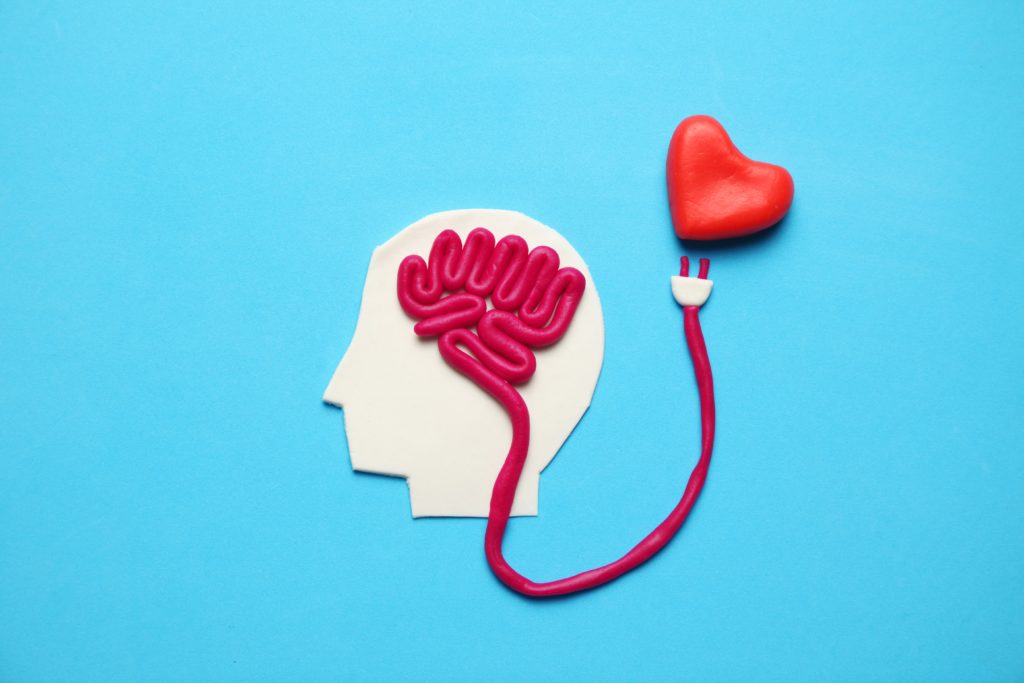
Introduction
Consumers are increasingly aware of the link between good cognitive health and overall well-being. Many individuals express dissatisfaction with their cognitive health and recognize that their diets and lifestyles can impact their cognitive wellness. In addition, consumers are mindful of broader issues such as stress and poor sleep habits and its significance on healthy aging. Consumers also show a preference for cognitive health claims on various food, beverage, and supplement items. Many consumers feel that multiple health claims on products contribute to maximizing effectiveness, convenience, and value. Brands must provide evidence to support such claims to elevate the value of these products.
Cognitive Health Problems
Many consumers are aware of the connection between good cognitive health and overall well-being. Many of these individuals encounter various cognitive-related issues. These issues include problems with energy levels, mood, task performance, and general wellness. On a global scale, consumers are prone to reporting difficulties with sleep and feelings of fatigue and exhaustion. These two areas are intertwined, as individuals face daily pressures and stress that can hinder their ability to unwind, relax, and maintain healthy sleep patterns. For instance, 37% of global consumers say they sometimes have difficulty sleeping, while 15% state this occurs most of the time. It is important to note that inadequate sleep hygiene directly influences mood and energy levels and can cause feelings of stress.

Proactive Health and Motivations
When asked about their motivation to enhance cognitive health, 48% of global consumers
express a desire to enhance their overall quality of life. Over time, consumers
may associate characteristics such as forgetfulness, blurred vision, and difficulty
concentrating as indicators of declining overall health. As individuals strive
to maintain health as long as possible, they acknowledge the significance of
feeling alert, sharp, and focused. Furthermore, a significant number of
consumers state that they have either consulted medical professionals regarding
their cognitive health or believe they are encountering issues, highlighting
widespread dissatisfaction with cognitive well-being.
FMCG Gurus surveyed consumers interested in proactively
maintaining cognitive health. Our findings revealed that a majority of these consumers
are inclined towards general lifestyle adjustments rather than seeking
professional medical advice. For instance, FMCG Gurus’ consumer insights reveal that 28% of global consumers
who are taking a proactive approach to their cognitive health have reduced
their alcohol intake. This suggests that consumers believe certain health
issues are self-inflicted due to their lifestyles.
On a global scale, individuals focusing on cognitive wellness expressed intentions to reduce alcohol consumption and increase their intake of nutritional supplements. This highlights consumers’ desire to enhance their diets and steer clear of products they perceive as detrimental to their health.
Sources of Information
As consumers prioritize their cognitive health, they are
actively seeking information from various sources to enhance their well-being. FMCG
Gurus’ consumer insights reveal that 70% of global consumers find doctors the most influential sources
for information about brain health. This suggests that consumers are inclined
to seek guidance from healthcare professionals.
Despite this positive trend, the food and drink industry must also consider the widespread popularity of online articles and the associated risks. While many online sources are credible, there is a potential for misdiagnosis and the promotion of suboptimal diet and lifestyle plans.
